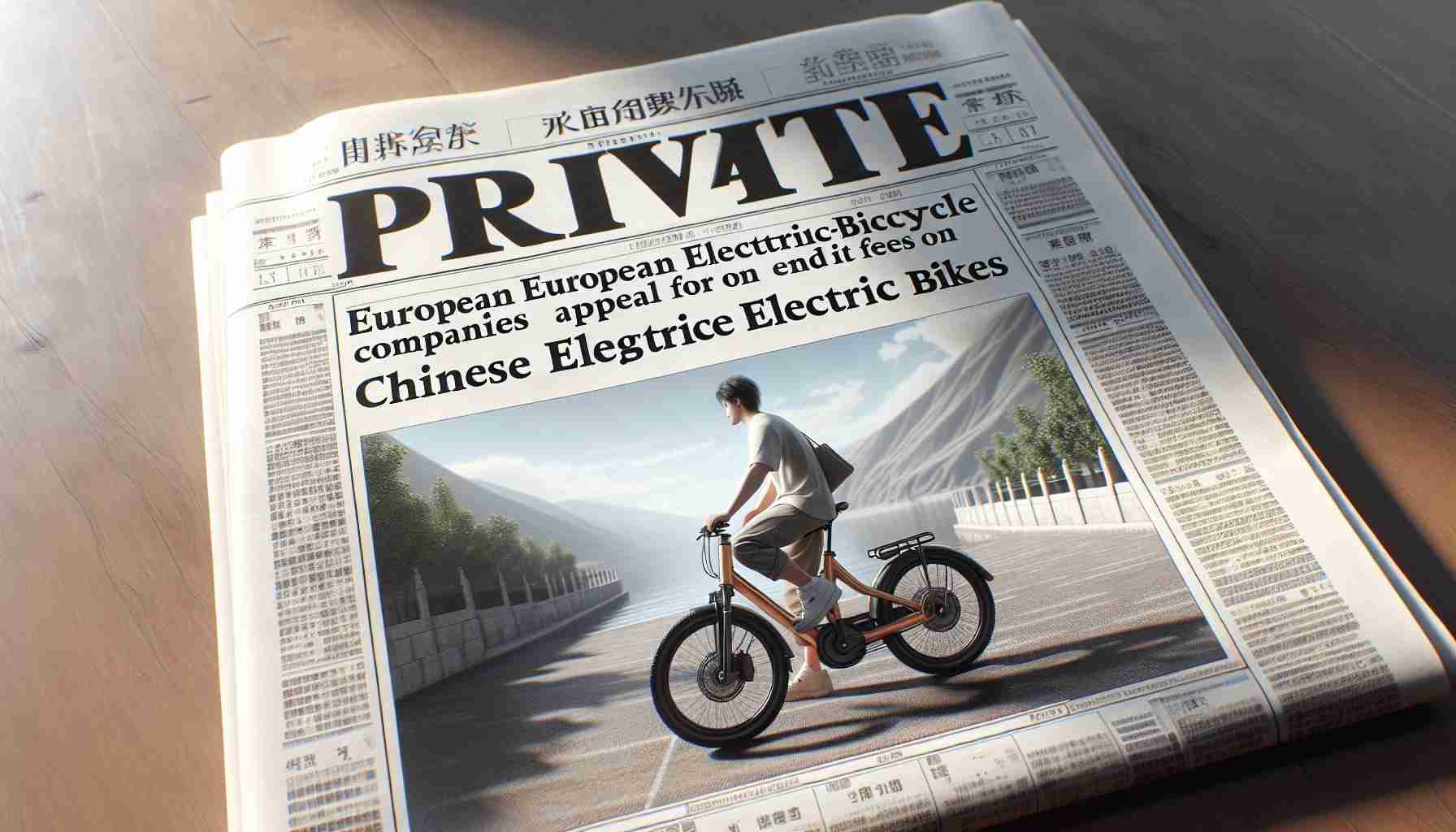The Ad Hoc Group of EU E-Cycle Companies, managed by LEVA-EU, has recently requested the termination of anti-dumping and anti-subsidy duties on e-bikes imported from China. The group argues that the continuation of these measures is unjustified and poses a threat to the European electric bike industry.
One of the main arguments put forward by the Ad Hoc Group is the inconsistency in the number of jobs claimed by the European Bicycle Manufacturers Association (EBMA). While EBMA states that the EU e-bike industry supports over 180,000 jobs, the Commission’s calculations show only 3,493 employees in the industry. This raises questions about the accuracy of EBMA’s claims and the need for the continuation of these duties.
Furthermore, the Ad Hoc Group emphasizes the detrimental impact of these measures on EU companies. Many companies have faced legal consequences and financial losses, leading to the potential demise of some businesses. The combination of duties on e-bikes and essential bike components has created a complicated legal situation that puts the entire EU e-bike industry at risk.
The group also points out the inconsistency in the application of duties to electric bicycle parts. While measures were taken to address circumvention of duties on conventional bicycles, no such actions were taken for electric bicycle assembly in the EU. This raises concerns about the potential for Chinese exporters to exploit these loopholes and circumvent duties on electric bicycles.
Additionally, the Ad Hoc Group highlights the policy of double standards in the European Commission’s approach. On one hand, companies assembling electric bicycles in non-European countries using mainly Chinese parts are allegedly circumventing the rules, resulting in heavy penalties for European customers. On the other hand, the same rules do not seem to apply to electric bicycle assembly in the EU, leading to an unfair situation for European companies.
In conclusion, the Ad Hoc Group of EU E-Cycle Companies calls for the termination of anti-dumping and anti-subsidy duties on e-bikes from China. The group argues that these measures are unjustified, inconsistent, and pose a threat to the future of the European electric bike industry. It is crucial for policymakers to carefully consider the implications of these duties and ensure a fair and sustainable approach to the e-bike market.
The electric bike industry in Europe has been experiencing significant growth in recent years. According to market research, the European e-bike market is expected to witness impressive expansion in the coming years. Factors such as increasing environmental concerns, rising fuel costs, and a growing interest in health and fitness contribute to the growing demand for e-bikes in the region.
Market forecasts indicate that the European e-bike market will continue to grow at a considerable rate. It is predicted that the market will register a CAGR of over 13% from 2021 to 2027. This growth is attributed to factors like supportive government initiatives, infrastructure development, and technological advancements in e-bike design and manufacturing.
However, the ongoing anti-dumping and anti-subsidy duties on e-bikes imported from China present a significant challenge to the European electric bike industry. These duties create a competitive disadvantage for EU companies, limiting their ability to offer competitive prices and impacting their profitability. The termination of these measures would level the playing field and allow European manufacturers to thrive.
The issue of job creation is another critical aspect related to the electric bike industry. The Ad Hoc Group argues that the number of jobs claimed by EBMA may not accurately reflect the actual employment opportunities in the industry. The termination of the anti-dumping and anti-subsidy duties would enable the industry to grow and potentially create more jobs, contributing to the overall economic development of the European market.
The termination of these duties would also address the concerns regarding the legal and financial consequences faced by EU companies. Many companies have struggled with heavy penalties and financial losses due to the complex legal situation resulting from the combination of duties on e-bikes and bike components. The removal of these measures would alleviate these challenges and enhance the overall business environment for European e-bike companies.
In summary, the termination of anti-dumping and anti-subsidy duties on e-bikes imported from China is seen as a crucial step in securing the future of the European electric bike industry. The current measures are considered inconsistent, unjustified, and pose a threat to the industry’s growth and competitiveness. Policymakers need to carefully evaluate the implications of these duties and consider a fair and sustainable approach to promote the development of the e-bike market in Europe.
For more information on the European electric bike industry and related issues, you can visit the official website of the European Bicycle Manufacturers Association (EBMA) at link or the European Cyclists’ Federation (ECF) at link.
